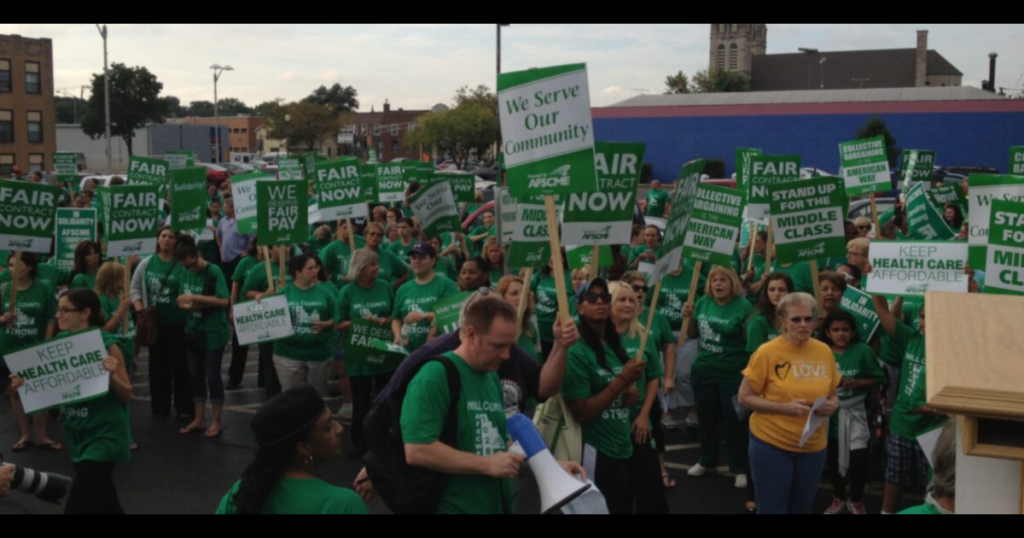In a significant development for workers’ rights, a plumbing worker named Nicolo Giangrasso has successfully settled a dispute with his union regarding the withholding of “assessments” from his paycheck. This outcome is being hailed as a decisive victory for worker autonomy and a reaffirmation of the principles established in the 2018 Supreme Court ruling Janus v. AFSCME. The Liberty Justice Center announced the settlement, which led to the cessation of legal action against UA Local 9, a union in Giangrasso’s region. The crux of the case revolved around whether the union’s terminology—whether it be “dues” or “assessments”—could affect its authority to withhold funds from workers without their consent.
The Janus v. AFSCME ruling was a landmark decision that underscored the First Amendment rights of public employees, granting them the ability to choose whether to join or financially support a union. The ruling specifically established that unions cannot deduct dues or any fees from workers’ paychecks without their express consent. Giangrasso, who works for the Hamilton Township School District in New Jersey, had resigned from his union and requested that deductions cease. However, the union contended that the Supreme Court’s decision only applied to “dues” and not to the “assessments” they were continuing to withhold, thus prompting Giangrasso to seek legal recourse.
The Liberty Justice Center, which represented Giangrasso, contended that the union’s distinction between “dues” and “assessments” was irrelevant in light of the Supreme Court’s broader ruling. They emphasized that any form of financial obligation labeled as payment must adhere to the same principles set forth by the court, stating that the ruling explicitly referred to “any other form of payment.” This legal argument proved compelling, leading the union to agree to a settlement, thus avoiding further litigation.
Jeffrey Schwab, a lawyer for the Liberty Justice Center, highlighted the importance of defending workers’ rights against union policies that may undermine their freedoms. He expressed that it was regrettable that it took a lawsuit for the union to acknowledge Giangrasso’s First Amendment rights but emphasized the organization’s commitment to challenging such violations nationally. The lawyers noted the significant implications this case holds not just for Giangrasso but also for other workers facing similar situations, as it could pave the way for more extensive scrutiny of union practices across the United States.
The details of the settlement between Giangrasso and UA Local 9 have not yet been publicly disclosed, leaving many to speculate about the potential impacts on union practices moving forward. This case has garnered attention as a pivotal moment that may influence broader conversations about labor rights, union authority, and worker autonomy in the wake of the Janus decision. It underscores an ongoing legal and social debate on the balance between union power and individual worker rights, particularly concerning financial obligations and consent.
As the implications of this case resonate within the labor community, it serves as a reminder of the evolving landscape of labor relations. Organizations like the Liberty Justice Center are expected to continue exploring avenues to protect workers’ rights against perceived overreach by unions. The case exemplifies the need for vigilance and advocacy in upholding constitutional freedoms, signaling that workers have the right to challenge unjust practices that may infringe upon their autonomy. Overall, Giangrasso’s victory is a foundational victory for workers emphasizing consent and voluntary association in the context of union membership and financial contributions.

